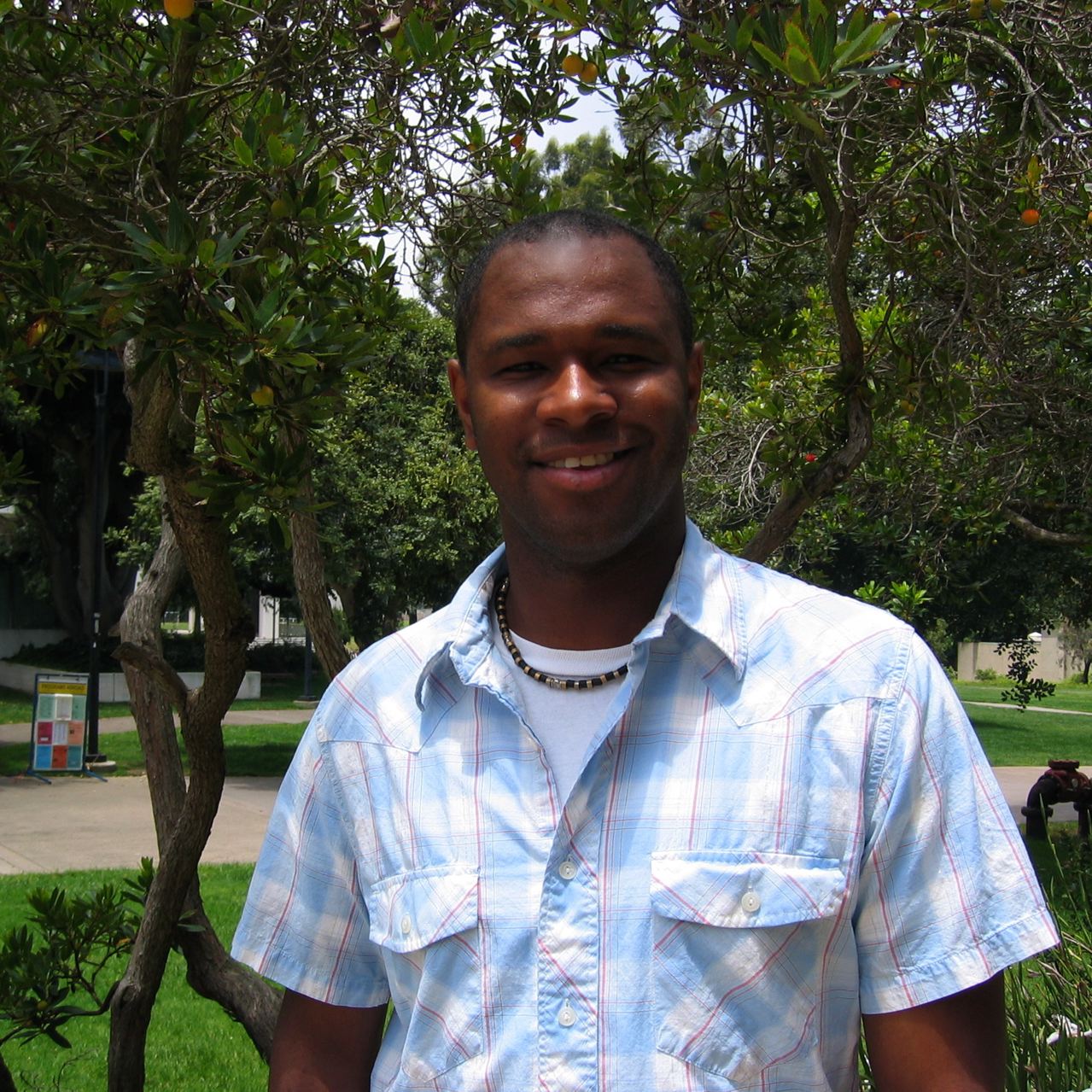Alternative Splicing of Cyclin E in Breast Cancer
Chris Murriel
Appointment Period: 2005-2006 / Grant Years: [21]
 Deregulation of the G1 phase of the cell cycle has been shown to be a critical step the development of a cancer cell from the cells of normal tissue. Not surprisingly, several protein that play a role in G1 cell cycle progression may enhance cancer growth and development when those proteins become mutated, overexpressed or constitutively activated or inhibited. Therefore, the aims of my study sought to identify reactive oxygen species (ROS) regulated the G1 phase of the cell cycle, and determine the molecular events that determine how two specific cyclins critical for proper G1 progression, cyclin A and E, participate in the breast cancer formation and oncogenesis.
Deregulation of the G1 phase of the cell cycle has been shown to be a critical step the development of a cancer cell from the cells of normal tissue. Not surprisingly, several protein that play a role in G1 cell cycle progression may enhance cancer growth and development when those proteins become mutated, overexpressed or constitutively activated or inhibited. Therefore, the aims of my study sought to identify reactive oxygen species (ROS) regulated the G1 phase of the cell cycle, and determine the molecular events that determine how two specific cyclins critical for proper G1 progression, cyclin A and E, participate in the breast cancer formation and oncogenesis.
The current results of my project have identified a novel pathway involving ROS-mediated G1 cell cycle progression through the inactivation of the anaphase promoting complex (APC). This complex has been shown to possess proteasomal activity, leading to the destruction of a set of cyclins necessary for progression from the late G1 to S phase transition. When ROS were removed from serum-deprived quiescent resting cells using a chemical inhibitor of mitochondrial respiration and the NADPH oxidase family of enzymes, known as diphenyleneiodonium (DPI), the cells arrested in the late G1 phase of the cell cycle but did not continue into S phase in order to complete DNA replication. When two signaling proteins and enzymes that are critical for G1 to S phase progression were assayed for activity, I identified increased activity of the APC and decreased cyclin A and cyclin E stabilization. Therefore, initial results suggest that ROS may inhibit the proteasomal activity of the APC in order to enhance cyclin A and E stability by inhiting their destruction. Further biochemical, molecular and possible mouse modeling experiments are currently under way to identify gene products necessary for ROS-mediated APC inhibition as well as the exact location of the intracellular ROS pool responsible for G1 cell cycle progression and how they contribute to breast cancer in vitro and in vivo.
Murriel CL, Dowdy SF. Influence of protein transduction domains on intracellular delivery of macromolecules. Expert Opin Drug Deliv. (2006) 3:739-46. PMID: 17076596.
 Deregulation of the G1 phase of the cell cycle has been shown to be a critical step the development of a cancer cell from the cells of normal tissue. Not surprisingly, several protein that play a role in G1 cell cycle progression may enhance cancer growth and development when those proteins become mutated, overexpressed or constitutively activated or inhibited. Therefore, the aims of my study sought to identify reactive oxygen species (ROS) regulated the G1 phase of the cell cycle, and determine the molecular events that determine how two specific cyclins critical for proper G1 progression, cyclin A and E, participate in the breast cancer formation and oncogenesis.
Deregulation of the G1 phase of the cell cycle has been shown to be a critical step the development of a cancer cell from the cells of normal tissue. Not surprisingly, several protein that play a role in G1 cell cycle progression may enhance cancer growth and development when those proteins become mutated, overexpressed or constitutively activated or inhibited. Therefore, the aims of my study sought to identify reactive oxygen species (ROS) regulated the G1 phase of the cell cycle, and determine the molecular events that determine how two specific cyclins critical for proper G1 progression, cyclin A and E, participate in the breast cancer formation and oncogenesis.